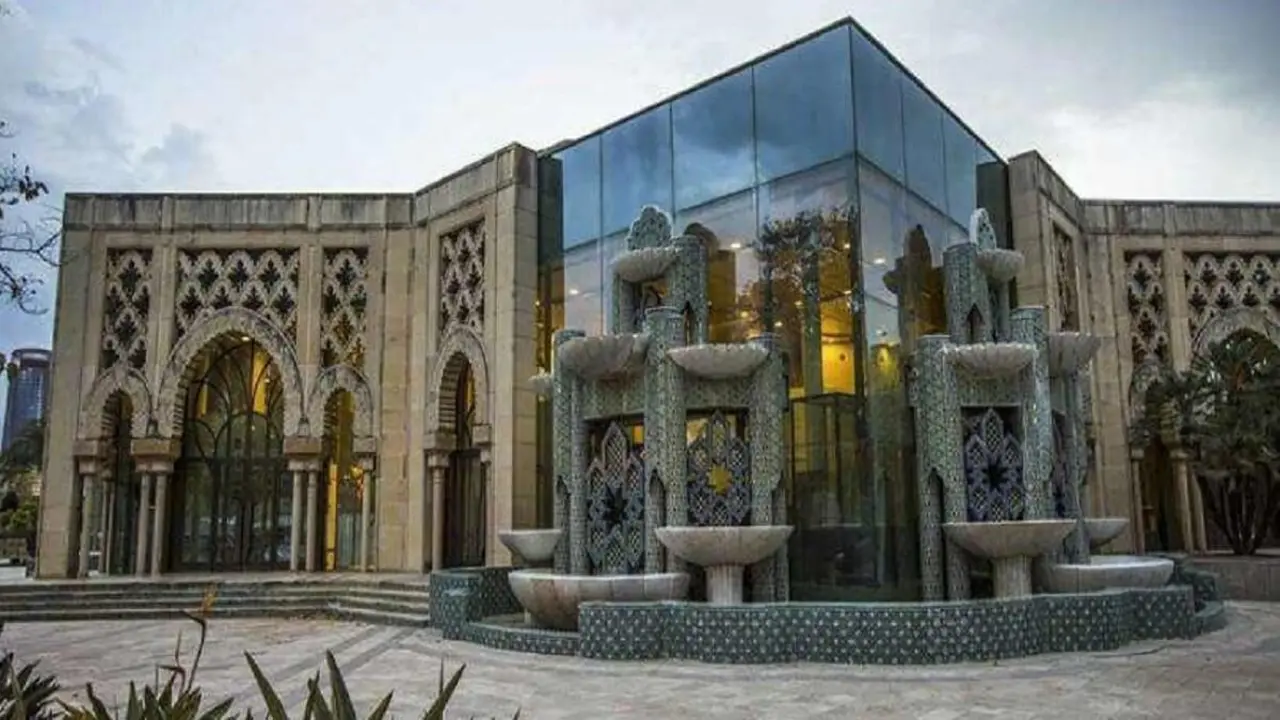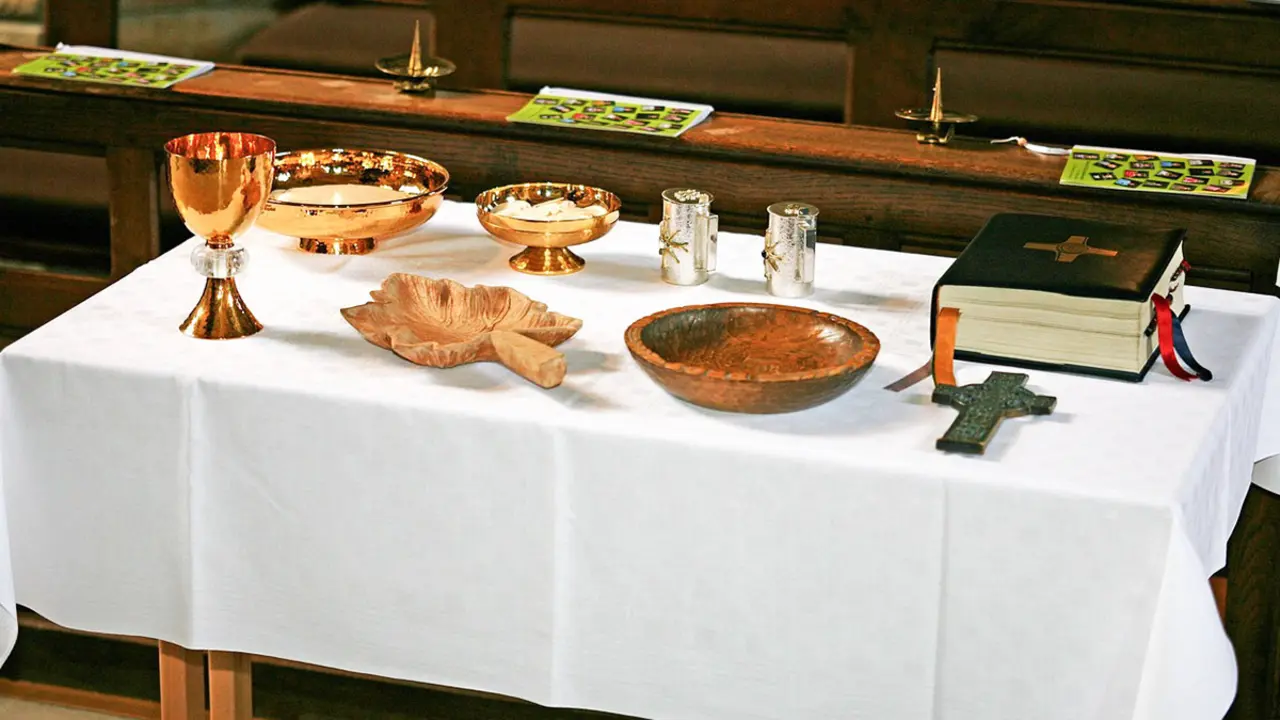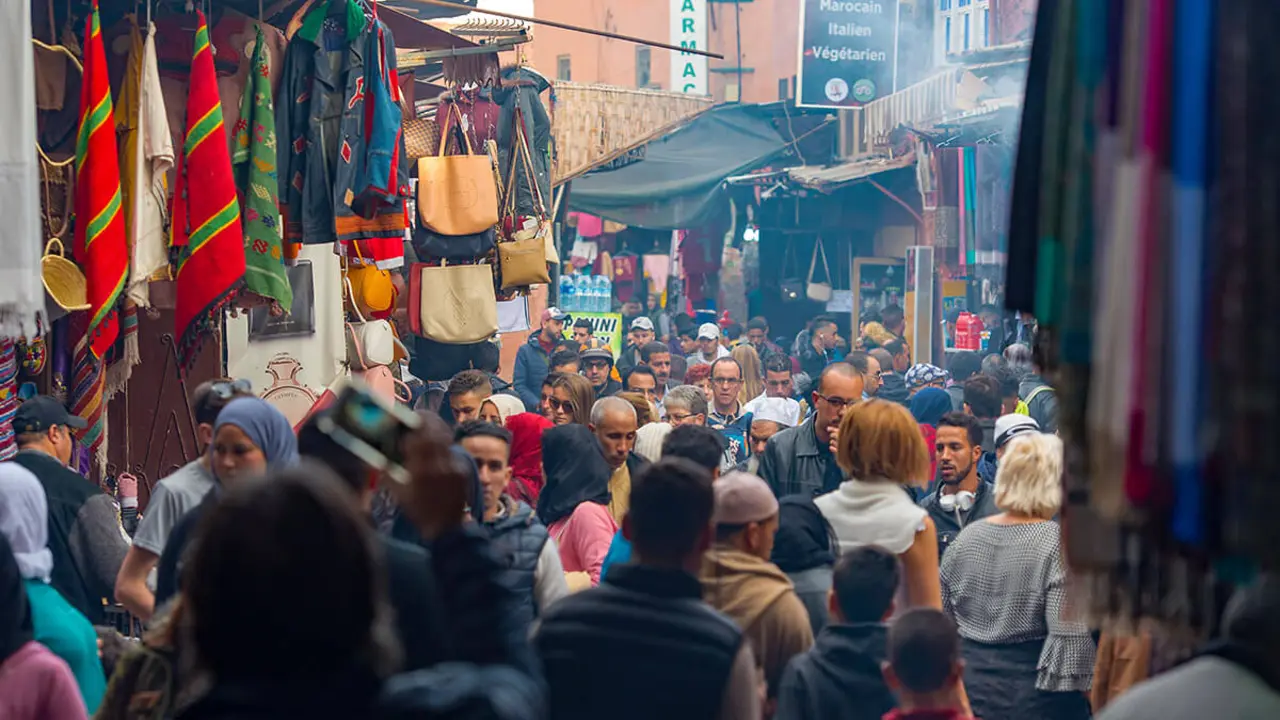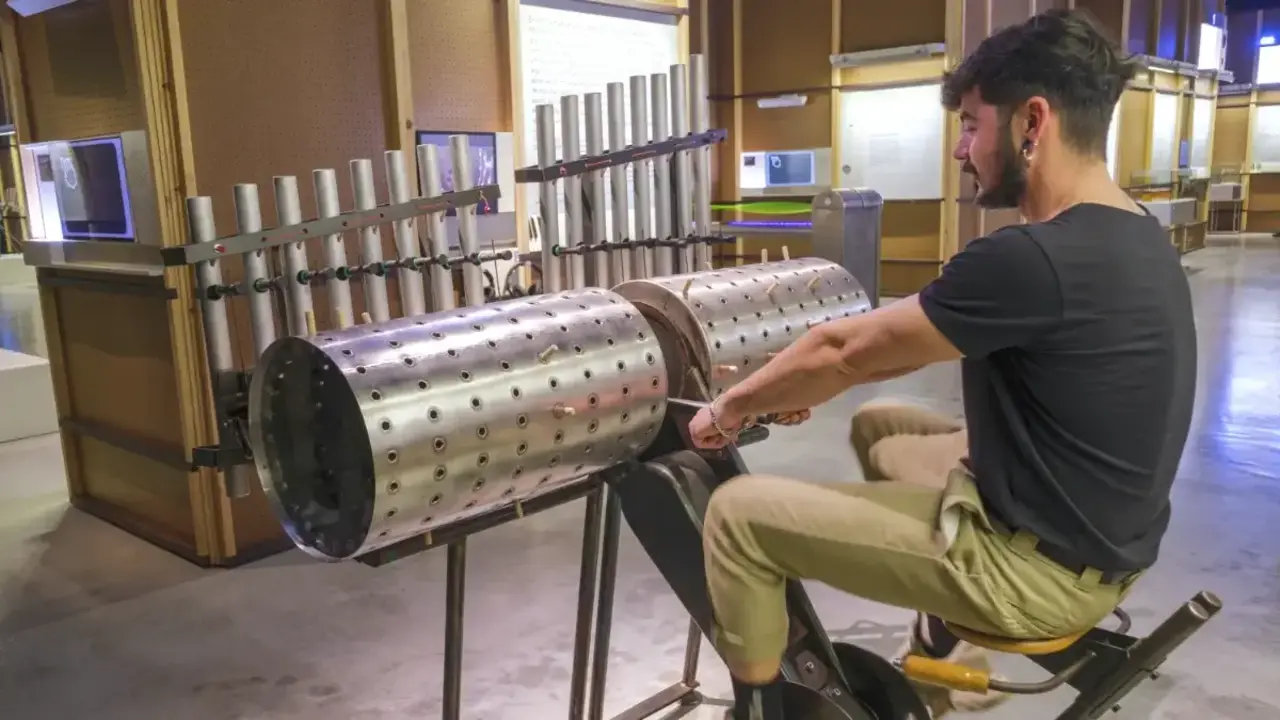Israel orders confinement for a second wave of contagion

This Sunday night the Israeli Prime Minister, Benjamin Netanyahu, announced the mandatory confinement in all areas of the country from Friday to contain the outbreak of coronavirus, after a considerable increase in the number of cases. The country is heading for an almost total three-week blockade on the eve of Rosh Hashanah, the Jewish New Year. The closure will take effect at 2pm on Friday and will last until October 9. Yom Kippur (Day of Atonement) and Sukkot (The feast of the Tabernacles) are also celebrated on these days.

The Israeli government had been warning for weeks that if the rules of social distancing were not observed and positive cases were on the increase, they would be forced to decree, as has happened with the total closure. With over 4,000 infections in 24 hours last week and hospitals approaching saturation point, the health authorities found it necessary to impose a ban.
"There are detailed regulations that the government will approve in the next two days," Netanyahu said during the press conference following the executive meeting. The seven-hour meeting, according to local media, led to tensions that included shouting and accusations and ended with the resignation of the ultra-orthodox Minister of Construction and Housing, Yaakov Litzman. Health Minister Yuli Edelstein spoke after Netanyhau's speech: "Obviously I should be happy as someone whose offer was accepted, but that is not the case… For three months, I tried to do everything to allow us to live life alongside the coronavirus and keep the number [of sick patients] at levels the health system could live with. "Unfortunately, that is not the case today,” he continued. “Under the circumstances, we had no choice.”
The division of the government between those in favour of a comprehensive confinement and a more lax one has the economy at the centre of the debate. Amir Peretz, Minister of Economy, warned that "the economic crisis is no less serious than the health crisis" and proposed replacing confinement with a night-time curfew that would allow businesses to continue operating during the day. Peretz, according to The Jerusalem Post, called for a reduced closure: “I support a night closure in which about 80% of the economy remains open”. “Hundreds of thousands of employees and the self-employed are in existential anxiety. The economic coronavirus pandemic is no less severe than the health pandemic.”

Science & Technology Minister Izhar Shay (Blue and White), was also reluctant to see the country severely closed, as were Regional Cooperation Minister Ophir Akunis (Likud), the Minister of Welfare, Itzik Shmuli (Labour Party) and Tourism Minister Asaf Zamir (Blue and White), who stated that “a full closure of the entire country during the holidays is too extreme a step and has economic implications that entire industries will not recover from.” The vote on the closure followed last Thursday's cabinet meeting on the coronavirus, in which hospital chiefs from across the country said the situation in their coronavirus units and among their staff was becoming untenable, according to The Jerusalem Post.
A report published Sunday by the Coronavirus National Information and Knowledge Center supported those statements: “The hospitals’ safety net has been significantly reduced, which creates a danger to the stability of the healthcare system.” In addition, the more orthodox members of the government have not welcomed this closure of the country known to be the most important holiday for Jews.

Among the measures taken to curb this second wave of coronavirus, the private sector will be allowed to continue working, provided that companies maintain health standards. During this period, Israelis will not be allowed to travel more than 500 metres from their homes, except for individual sports activities, and schools, hotels and shopping centres will remain closed.
Meetings will also be limited, with a maximum of ten people indoors and 20 outdoors.Supermarkets and pharmacies will be allowed to continue operating, but other shops will only be allowed to deliver to your home.The public sector will reduce its workforce to a minimum and the private sector will be able to continue working normally, but it will not be allowed to receive customers. Airports, like Ben Guiron, will remain open, although with limitations depending on the origin of the flights.

So far, Israel, with a population of nine million, has recorded 153,759 positive cases, of which almost 40,000 are active and over 500 are in serious condition.








